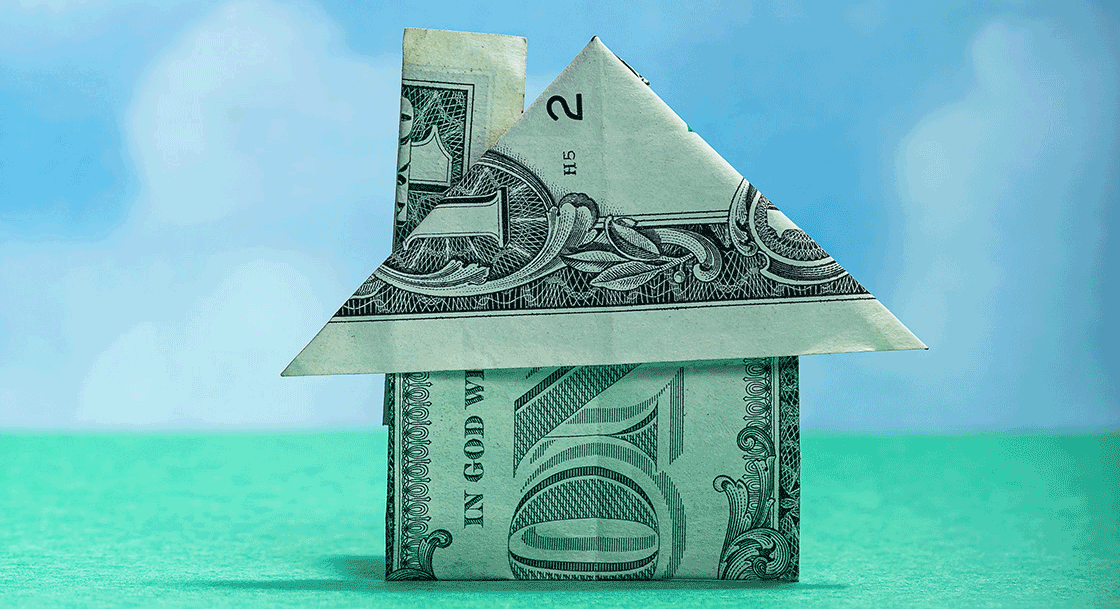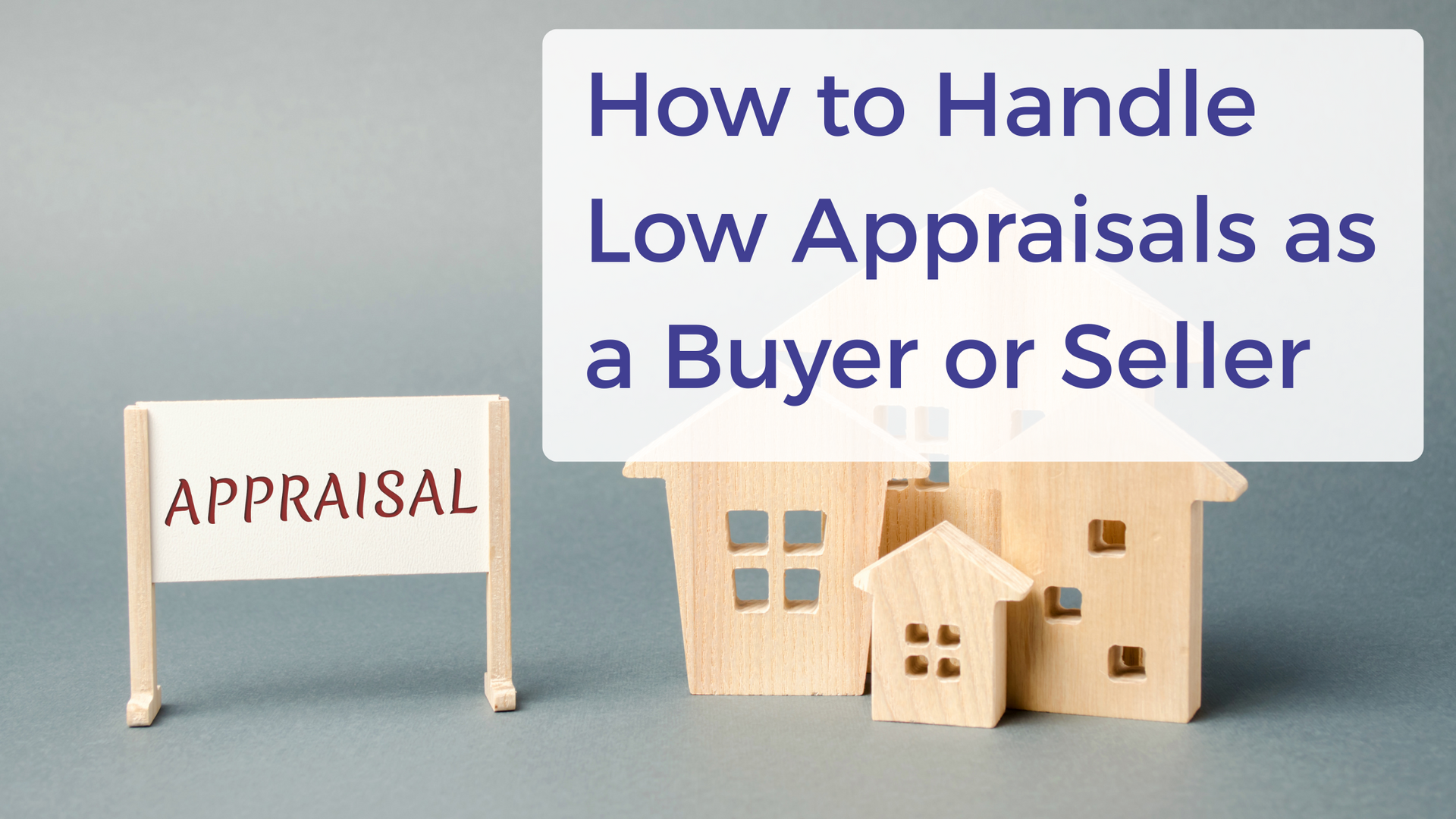Your guide to mortgage interest rate buydowns in 2024

As the mortgage finance and real estate landscape continues to evolve year after year, different financial strategies and tools for homebuyers will rise and fall in popularity, depending on the market. One strategy you may have heard about recently is an “interest rate buydown,” a financial tool that has been gaining popularity in the past few years. Read on as we dig into what an interest rate buydown is, and how it can benefit borrowers in today’s competitive market.
Understanding interest rates
First things first: Before diving into the complexities of interest rate buydowns, it's important to understand interest rate basics. When you take out a mortgage to buy a home, you agree to pay back the borrowed amount over time with interest, or a charge for borrowing money (usually expressed as an annual rate or percentage). The interest rate determines the cost of borrowing and plays a significant role in how much you’ll pay each month for your mortgage.
What is an interest rate buydown?
An interest rate buydown is a financial strategy where the borrower pays an upfront fee to the lender in exchange for a lower interest rate on the mortgage loan. This can result in reduced monthly payments for the borrower during the initial years of the loan.
Buyers who are navigating the process of purchasing a home often grapple with how to best allocate funds when it comes to initial costs, like the down payment amount. A larger down payment or a more modest down payment paired with an interest rate buydown will both reduce your monthly mortgage payments in different ways, so it’s worth exploring alternative strategies with your loan officer or financial advisor. Low-down-payment mortgage options like mortgage insurance can open up more possibilities for how to deploy the funds you’ve saved for upfront costs.
How does an interest rate buydown work?
Interest rate buydowns can be structured as either temporary or permanent:
- Temporary buydown (rate buydown): In this scenario, the borrower contributes funds to the lender, which are used to subsidize the borrower's mortgage payments for the first few years of the loan. This often involves a temporary reduction in the interest rate over a specified period (typically 1 to 3 years).
- Permanent buydown (points): Another approach involves the borrower paying upfront "points.” Each point is equal to 1% of the loan amount. Paying points to the lender up front permanently lowers the interest rate over the life of the loan.
Benefits for first-time homebuyers
While any borrower can take advantage of an interest rate buydown, first-time homebuyers especially may benefit from:
- Lower monthly payments: The most immediate advantage is a reduction in the initial monthly mortgage payments, making homeownership more affordable during the initial loan period.
- Fewer barriers to qualification: A lower initial interest rate may improve your ability to qualify for a mortgage, as lenders often assess your debt-to-income (DTI) ratio based on the amount of your initial monthly payments.
- Increased long-term savings funds: While there is an upfront cost associated with interest rate buydowns, the potential long-term savings on interest payments may outweigh this initial expense.
Is it the right strategy for you?
You’ll want to consider a few additional factors before you sign on the dotted line and commit to an interest rate buydown:
- Upfront costs: Be sure you determine the upfront costs to learn whether the long-term savings justify the initial investment. If you only plan to be in the home for a few years, you may not realize enough in interest savings to justify the original buydown expense.
- Future financial stability: Will you be able to manage higher payments when the temporary buydown period ends? Or, if you opt for a permanent buydown with higher upfront costs, will that leave you with a comfortable amount of savings?
- Get a professional’s opinion: Seek advice from loan officers, financial advisors, or real estate professionals to understand how a buydown may or may not align with your financial goals.
Interest rate buydowns will continue to be a valuable financial tool for prospective borrowers in 2024. A buydown can make homeownership more affordable, particularly for first-time homebuyers. However, as a borrower, you should approach this strategy with careful consideration and take professional guidance into account to ensure it’s the right financial decision.


